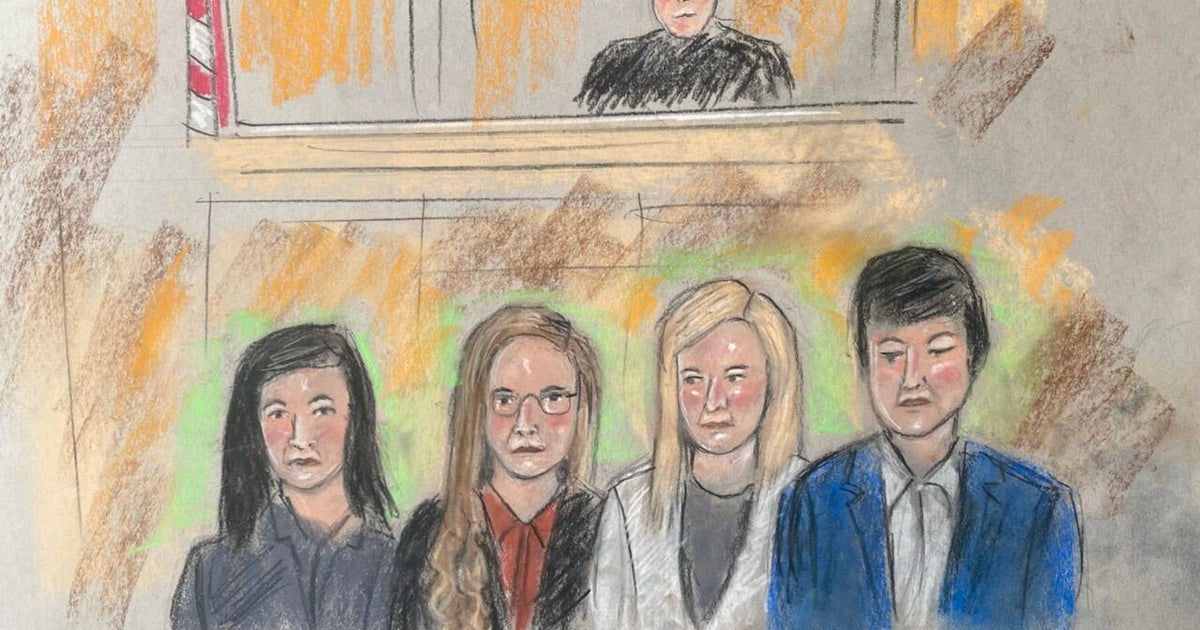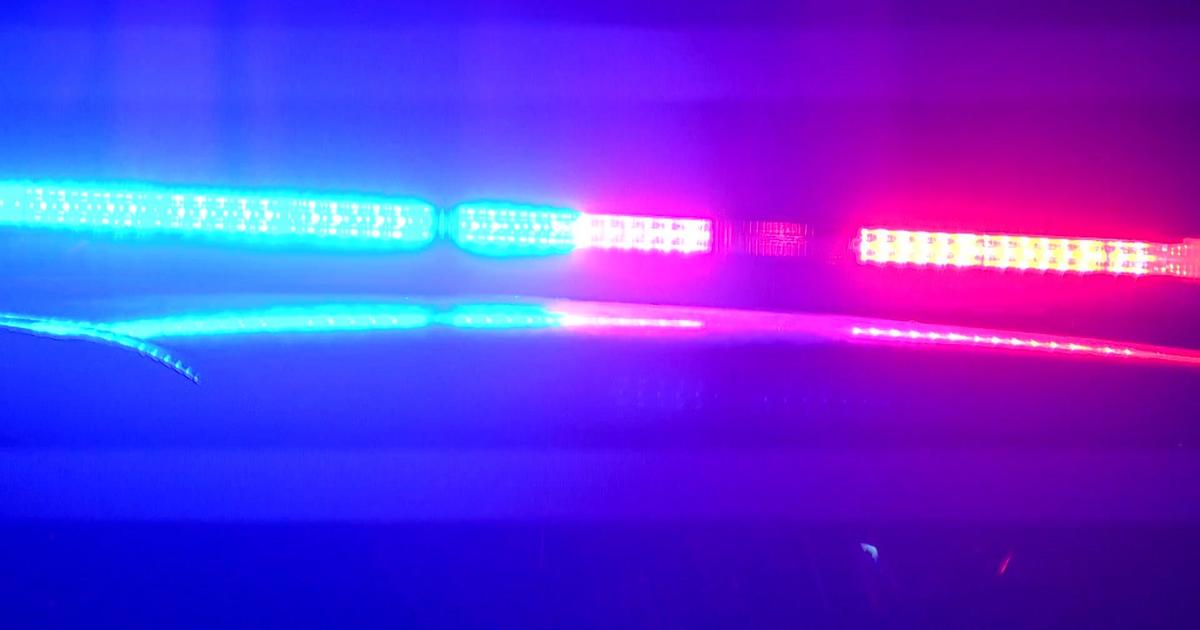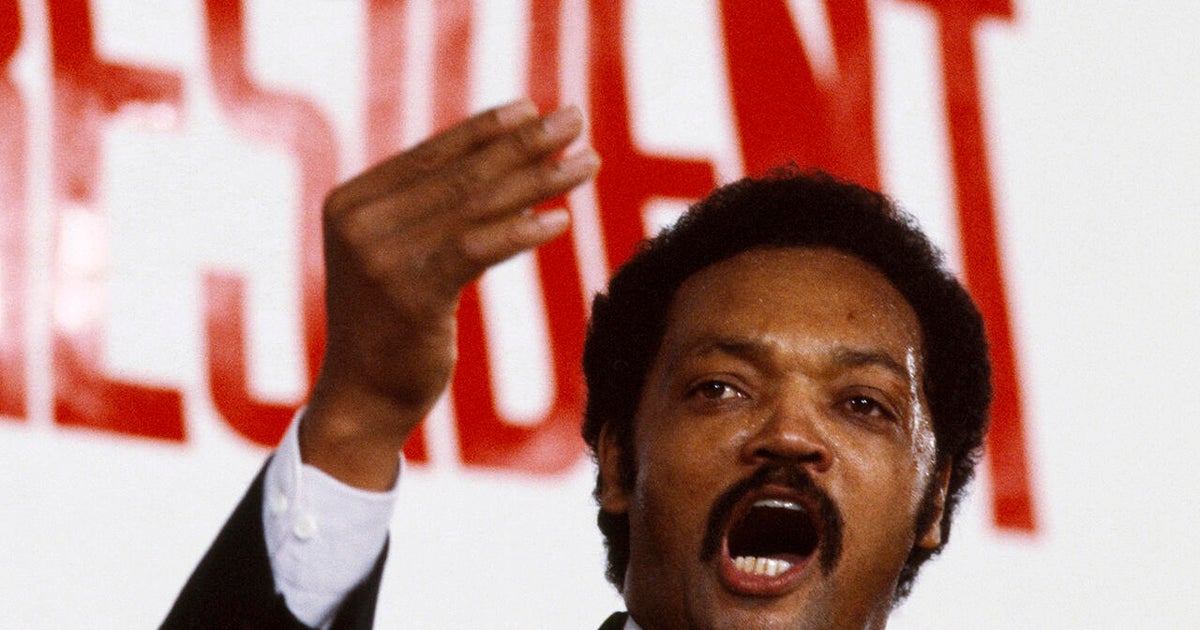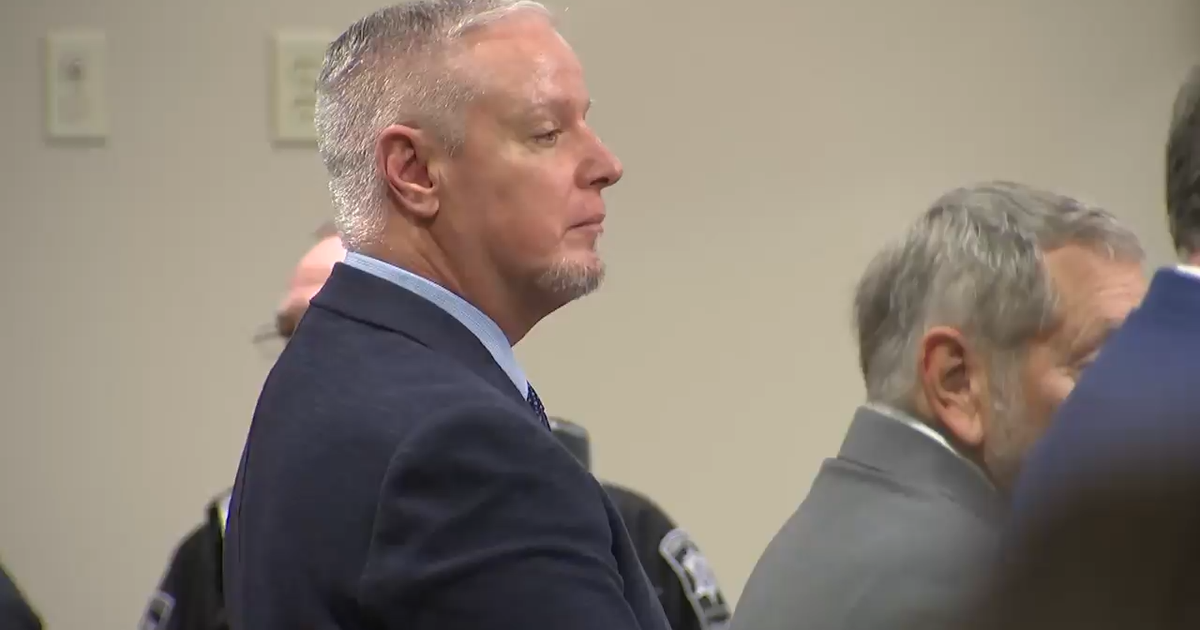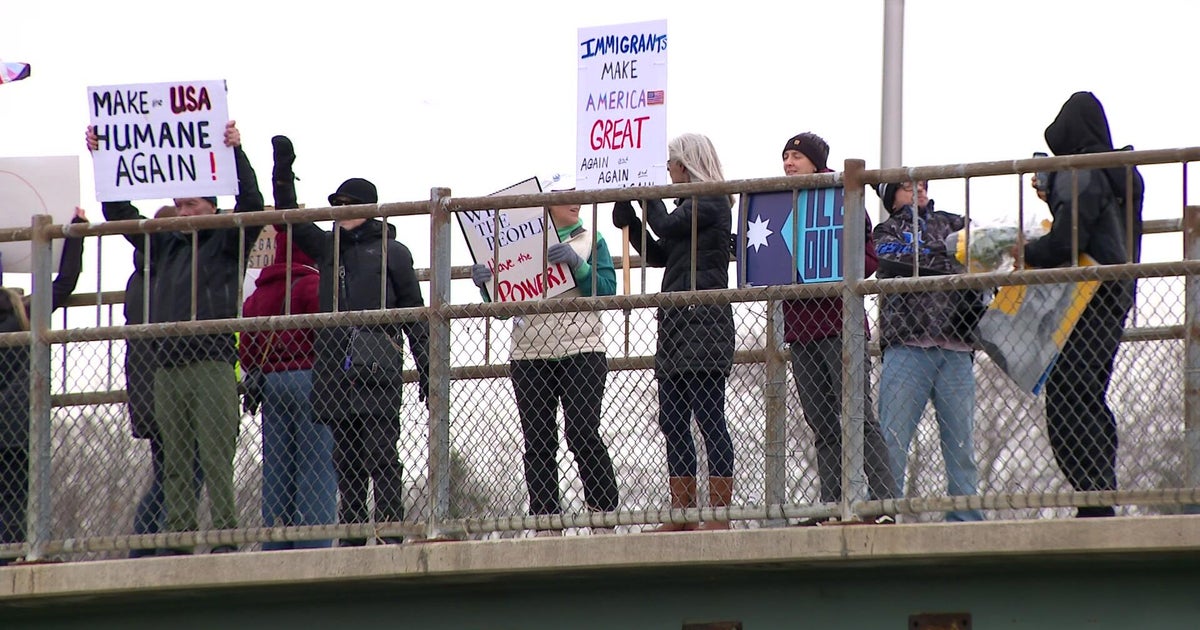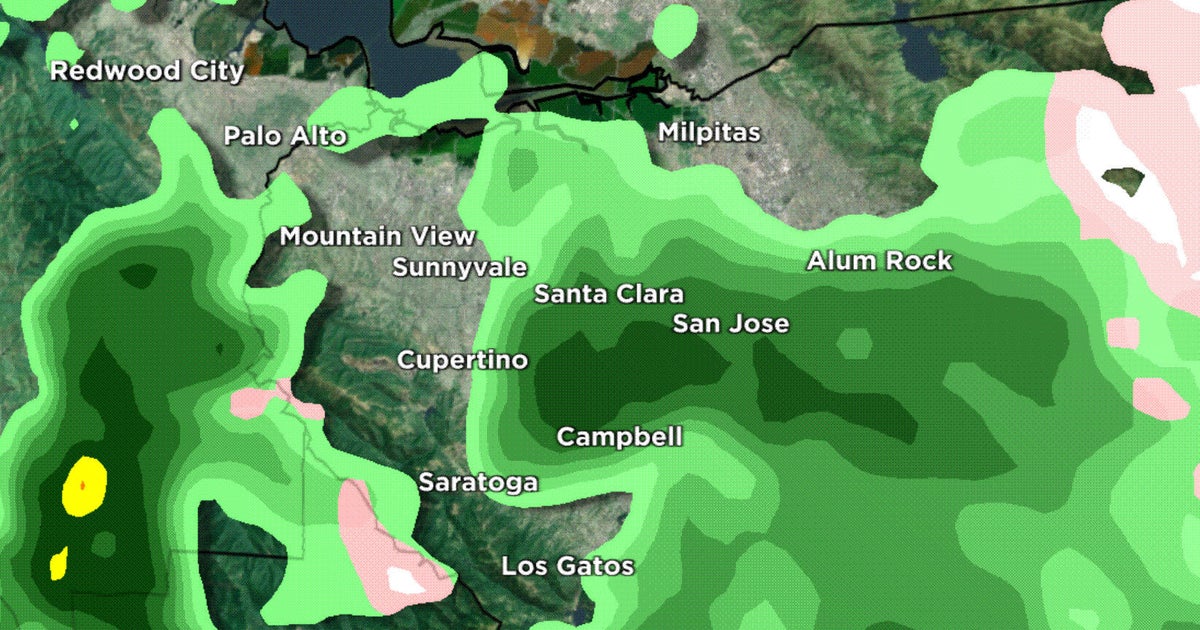Jury Deliberations To Resume Saturday In Zimmerman Trial
SANFORD (CBSMiami/AP) - Jurors in the trial of George Zimmerman will begin deliberating first thing Saturday morning.
Judge Debra Nelson announced the decision of the jurors at 6 p.m. Friday evening. They will be back in the jury room at 9 a.m. Saturday.
According to CBS4's Ted Scouten, the decision on low long deliberations will continue is entirely up to jurors. If they wanted to deliberate late into the evening or over the weekend, the decision was theirs.
Before the jury was charged Friday afternoon, the prosecution ended the rebuttal Friday claiming that the ex-neighborhood watch volunteer told a series of lies about in his confrontation that ended in 17 year old Trayvon Martin's death.
The jurors have been sequestered during the past three weeks. Since there were no eyewitnesses to the shooting, jurors will likely rely heavily on testimony from police, neighbors, friends and family members. The testimony was often conflicting.
Jurors will have to determine whether Zimmerman took the law into his own hands or was in a fight for his life and shot Martin in self-defense.
Before leaving the courtroom for deliberations, Judge Debra Nelson read the six jurors 28 pages of instructions in the case.
Earlier Friday, Zimmerman's attorney told jurors in closing argument that his defense team has proven the neighborhood watch volunteer's "pure, unadulterated innocence" of second-degree murder when he fatally shot 17-year-old Trayvon Martin.
Attorney Mark O'Mara told jurors the burden was on prosecutors, and he said they hadn't proven Zimmerman's guilt beyond a reasonable doubt. O'Mara said prosecutors built a case on a series of hypothetical "could've beens" and "maybes."
"If it hasn't been proven, it's just not there," O'Mara said. "You can't fill in the gaps. You can't connect the dots. You're not allowed to."
Prosecutor John Guy followed with a rebuttal, accusing Zimmerman of telling "so many lies." He said Martin's last feeling was fear.
"Isn't that every child's worst nightmare, to be followed on the way home in the dark by a stranger," Guy said. "Isn't that every child's worst fear?"
The six jurors could begin deliberating Friday. Because there were no eyewitnesses, the panel of six women will likely rely heavily on testimony — which was often conflicting — from police, neighbors, friends and family members. They will have to decide if they can determine who was yelling for help on a 911 call that recorded the shooting, and whether Zimmerman was a wannabe cop who took the law into his own hands or someone who was in a fight for his life, with his head being repeatedly slammed into the ground.
Zimmerman, 29, is charged with second-degree murder in the February 2012 shooting, but the jury will also be allowed to consider manslaughter. Under Florida's laws involving gun crimes, manslaughter could end up carrying a penalty as heavy as the one for second-degree murder: life in prison.
O'Mara dismissed the prosecution's contention that Zimmerman was a "crazy guy" patrolling his townhome complex and "looking for people to harass" when he saw Martin, an unarmed black teenager. O'Mara also disputed prosecutors claim that Zimmerman snapped when he saw Martin because there had been a rash of break-ins in the neighborhood, mostly by young black men.
Zimmerman at no point showed ill will, hate or spite during his confrontation with Martin, which is what prosecutors must prove for second-degree murder, O'Mara said.
"That presumption isn't based on any fact whatsoever," O'Mara said.
O'Mara also told jurors to ask themselves what Martin was doing during the four minutes from when he started running at the urging of a friend he was talking to on a cellphone to when he encountered Zimmerman. Martin was planning his attack instead of going back to the townhome where he was staying, O'Mara said. The defense attorney let four minutes of silence pass to emphasize the amount of time.
"The person who decided ... it was going to be a violent event, it was the guy who decided not to go home when he had a chance to," O'Mara said.
The defense attorney bolstered his arguments with a poster-board timeline of events, a power point-presentation showing witnesses who had testified and a computer-animated depiction of the fight based on Zimmerman' account. O'Mara also placed two cardboard cut-outs of Zimmerman and Martin in front of jurors to show Martin was considerably taller than Zimmerman, although Zimmerman was much heavier.
To invoke self-defense, Zimmerman only had to believe he was facing great bodily harm, O'Mara said. He asked jurors not to let their sympathies for Martin's parents interfere with their decision.
"It is a tragedy, truly," O'Mara said. "But you can't allow sympathy."
O'Mara's conversational style contrasted prosecutor Bernie de la Rionda's booming presentation a day earlier.
De la Rionda said in his closing argument that Zimmerman assumed Martin was a criminal who was up to no good when he confronted him in his neighborhood. A scuffle followed, and Zimmerman fired his gun.
"A teenager is dead. He is dead through no fault of his own," de la Rionda said. "He is dead because a man made assumptions. ... Unfortunately because his assumptions were wrong, Trayvon Benjamin Martin no longer walks this Earth."
Judge Debra Nelson's ruling to allow consideration of the manslaughter charge came despite the objections of Zimmerman's lawyers.
To win a second-degree murder conviction, prosecutors must prove Zimmerman showed ill will, hatred or spite — a burden the defense has argued the state failed to meet. To get a manslaughter conviction, prosecutors must show only that Zimmerman killed without lawful justification.
Allowing the jurors to consider manslaughter could give those who aren't convinced the shooting amounted to murder a way to hold Zimmerman responsible for the death of the unarmed teen.
It is standard for prosecutors in Florida murder cases to ask that the jury be allowed to consider lesser charges that were not actually brought against the defendant. And it is not unusual for judges to grant such requests.
As the nation awaits a verdict in the trial, police and city leaders in Sanford and South Florida say they have taken precautionary steps for the possibility of mass protests or even civil unrest if Zimmerman, who identifies himself as Hispanic, is acquitted, particularly in African-American neighborhoods where passions run strongest over the case.
There were massive protests in Sanford and other cities across the country when authorities waited 44 days before arresting Zimmerman.
Zimmerman has claimed he fired in self-defense after Martin sucker-punched him and began slamming his head into the pavement. Prosecutors have disputed his account and portrayed him as the aggressor.
De la Rionda argued that Zimmerman showed ill will and hatred when he whispered profanities to a police dispatcher over his cellphone while following Martin through the neighborhood. He said Zimmerman "profiled" the teenager as a criminal.
"He assumed Trayvon Martin was a criminal," de la Rionda said. "That is why we are here."
(TM and © Copyright 2013 CBS Radio Inc. and its relevant subsidiaries. CBS RADIO and EYE Logo TM and Copyright 2013 CBS Broadcasting Inc. Used under license. All Rights Reserved. This material may not be published, broadcast, rewritten, or redistributed. The Associated Press contributed to this report.)

